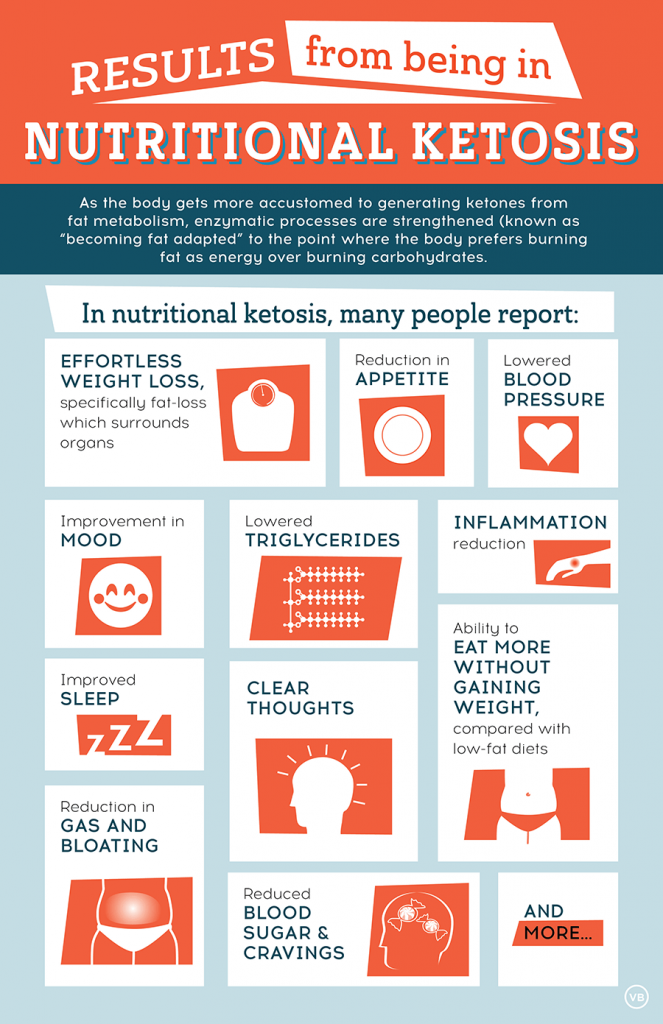Winter is on the horizon, and for those embarking on endurance exercise in the chilly realm of Edmonton, the challenges are real! But fear not, because ketoadaptation might just be the secret weapon for elevating your training and competitions to new heights. So, what exactly is ketoadaptation? When you’re keto-adapted, your primary fuel source shifts from carbohydrates to fat. Picture this: most folks on a standard American diet consume around 200-300g of carbs per day. We’re often told to carb-load before competitions and refuel with carbs during extended training sessions. Enter ketones, a different kind of fuel compared to glucose.
Here’s the lowdown: by seriously cutting back on carbs (<20g/day) and embracing a diet rich in healthy fats (about 70%) and moderate protein (20-25%), you trigger the unlocking of internal fat stores, transforming them into ketones. Muscles, your heart, and your brain absolutely adore ketones, but here’s the catch—it takes a bit of time to transition from regular fuel to premium. Why bother? Well, ketones bring some impressive perks to the table. They’re anti-inflammatory, reducing the risk of injuries (which is always a concern in cold weather exercise), and they can speed up your recovery game. So, as winter approaches, consider giving ketoadaptation a shot to make your training and competitions the best ones yet!
There is a lot of interest and emerging science in competing while in a keto-adapted state. For instance, recently 4 amateur, fat fueled keto-adapted British rowers smashed an endurance race record by rowing across the Atlantic in just over 29 days – five days quicker than the previous record! The London-based team was among 25 teams racing the 3000 miles from the Canary Islands to Antigua in the Caribbean. They were expecting to take 40 days to complete the row – but their families had to re-book flights to greet them as they progressed so far ahead of schedule! While they were not rowing in cold weather, it shows the advantage of not requiring frequent repetitive fueling with carbs and the more rapid recovery of keto-adapted muscles.
As our amateur athletes showed, we are still being surprised by the results and the science of optimal performance. We would all like hard and fast rules to follow as a keto-adapted athlete. There are some guidelines, but currently keto-adaptation is more about listening to our bodies. Certainly, a solid piece of advice is don’t change things on race day!
Here’s how ketoadaptation can potentially contribute to your health:
- Weight Loss and Metabolic Health:
- Fat Utilization: Ketoadaptation encourages the body to use stored fat for energy, aiding in weight loss. The low-carb, high-fat nature of the ketogenic diet can also help regulate blood sugar levels, promoting metabolic health.
- Stable Energy Levels:
- Steady Blood Sugar: By reducing carbohydrate intake, ketoadaptation helps stabilize blood sugar levels, leading to more consistent and sustained energy throughout the day. This can prevent the energy crashes associated with high-carb diets.
- Improved Mental Clarity and Focus:
- Brain Fuel: The brain can effectively utilize ketones as an alternative energy source. Some individuals report increased mental clarity and focus during ketoadaptation, possibly due to the brain’s preference for ketones over glucose.
- Appetite Control:
- Satiety: The ketogenic diet tends to be more satiating than high-carb diets. Ketoadaptation may help control appetite, making it easier for individuals to maintain a calorie deficit and support weight loss efforts.
- Inflammation Reduction:
- Anti-Inflammatory Effects: Some research suggests that ketoadaptation may have anti-inflammatory effects, potentially benefiting conditions associated with chronic inflammation.
- Improved Blood Lipid Profile:
- Lipid Levels: Ketoadaptation has been associated with improvements in lipid profiles, including increased levels of high-density lipoprotein (HDL) cholesterol and reductions in triglycerides.
- Potential Therapeutic Applications:
- Neurological Conditions: The ketogenic diet has been studied for its potential therapeutic applications, particularly in neurological conditions like epilepsy and neurodegenerative diseases. While more research is needed, ketoadaptation might have neuroprotective effects.
- Increased Physical Endurance:
- Enhanced Endurance: Some athletes and fitness enthusiasts adopt ketoadaptation to enhance physical endurance. Once adapted, the body can efficiently utilize stored fat for prolonged periods of exercise.
It’s important to note that while ketoadaptation can offer potential health benefits for some individuals, it may not be suitable for everyone. Before making significant dietary changes, it’s advisable to consult with a healthcare professional, especially if you have pre-existing health conditions or concerns. Additionally, individual responses to ketoadaptation can vary, and the long-term effects of sustained ketosis are still an active area of research.

Emerging science suggest the best strategy is live by the adage “train low and compete high”. It turns out that regularly exercising in a glycogen depleted state literally changes the metabolic machinery in muscle cells creating extremely efficient mitochondrial batteries. In cold weather, another advantage of these metabolic power houses is that they produce extra heat to help cope with, and indeed, enjoy winter training. When preparing for a high intensity training session or race day, you can train yourself to “compete high” by adding in carbs with your usual protein and fat. Meals before the event should be small and light. Protein is also a very important part of the diet, pleasantly satiating and muscle building. It requires experimentation and self-awareness but the journey can be fun and open new possibilities! Winter is a great time to play with it!
Blair O’Neill is an interventional and preventive cardiologist practising at the Mazankowski Alberta Heart Institute specializing in low carbohydrate lifestyle counselling. Barbara O’Neill is an RN and certified heath coach focussing on helping clients achieve optimum health on a low carb lifestyle. Check out their website, www.Ketocule.com.








